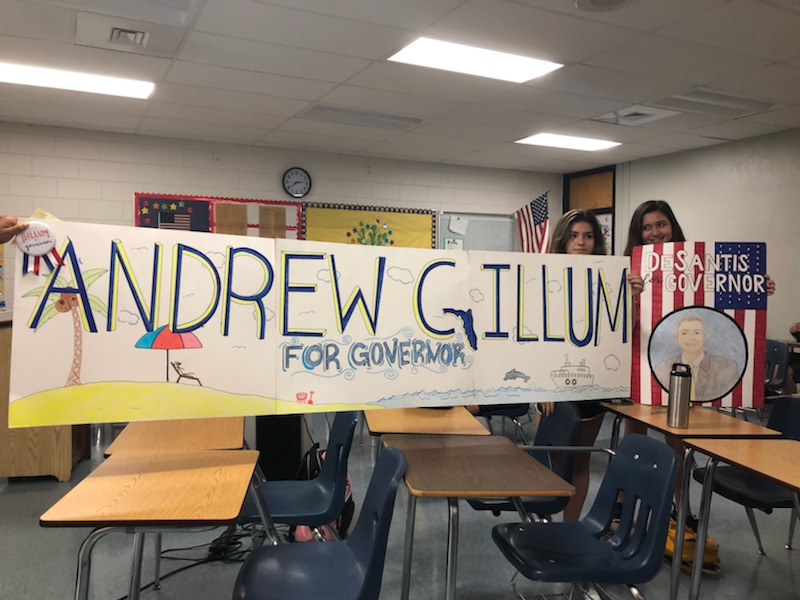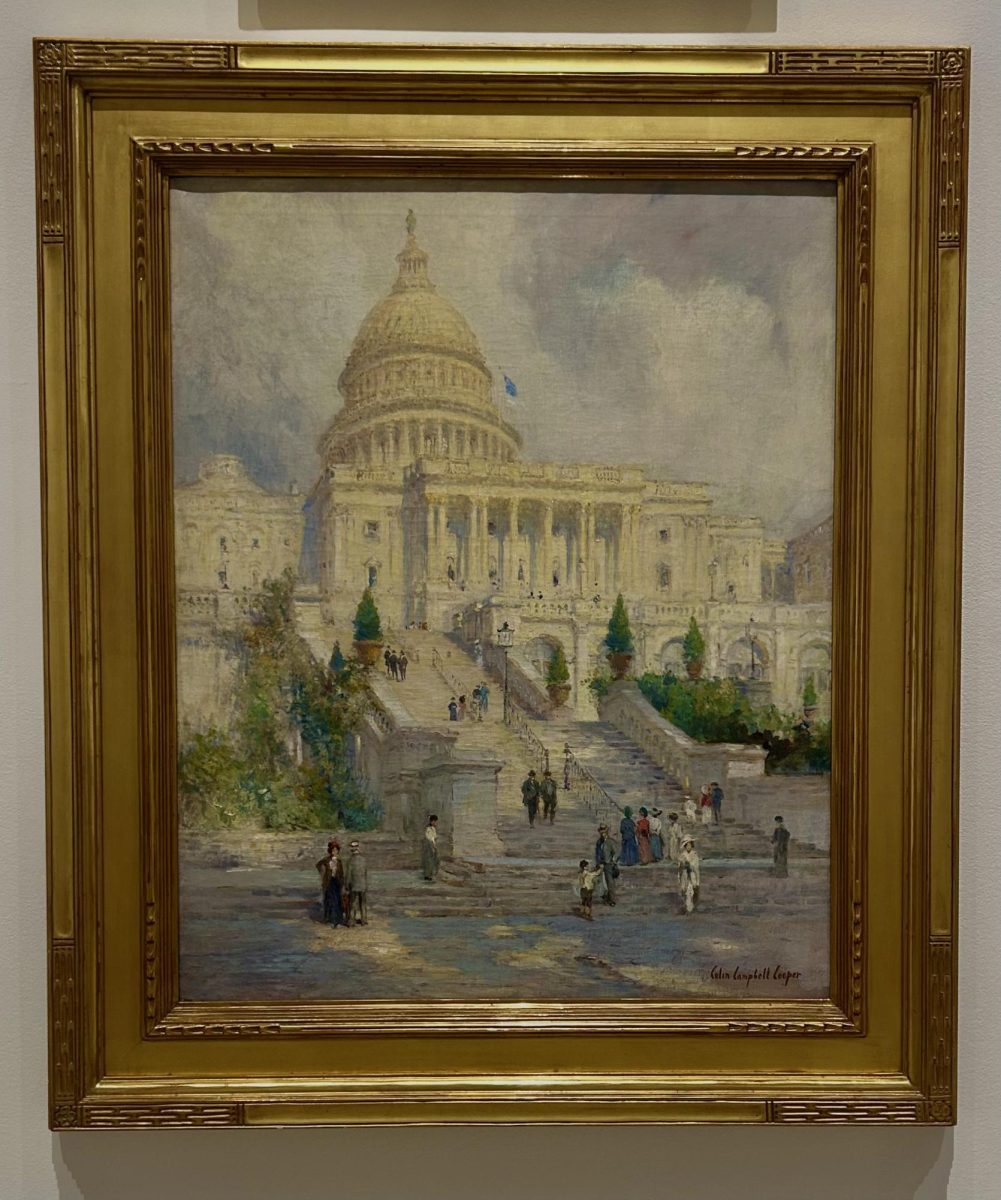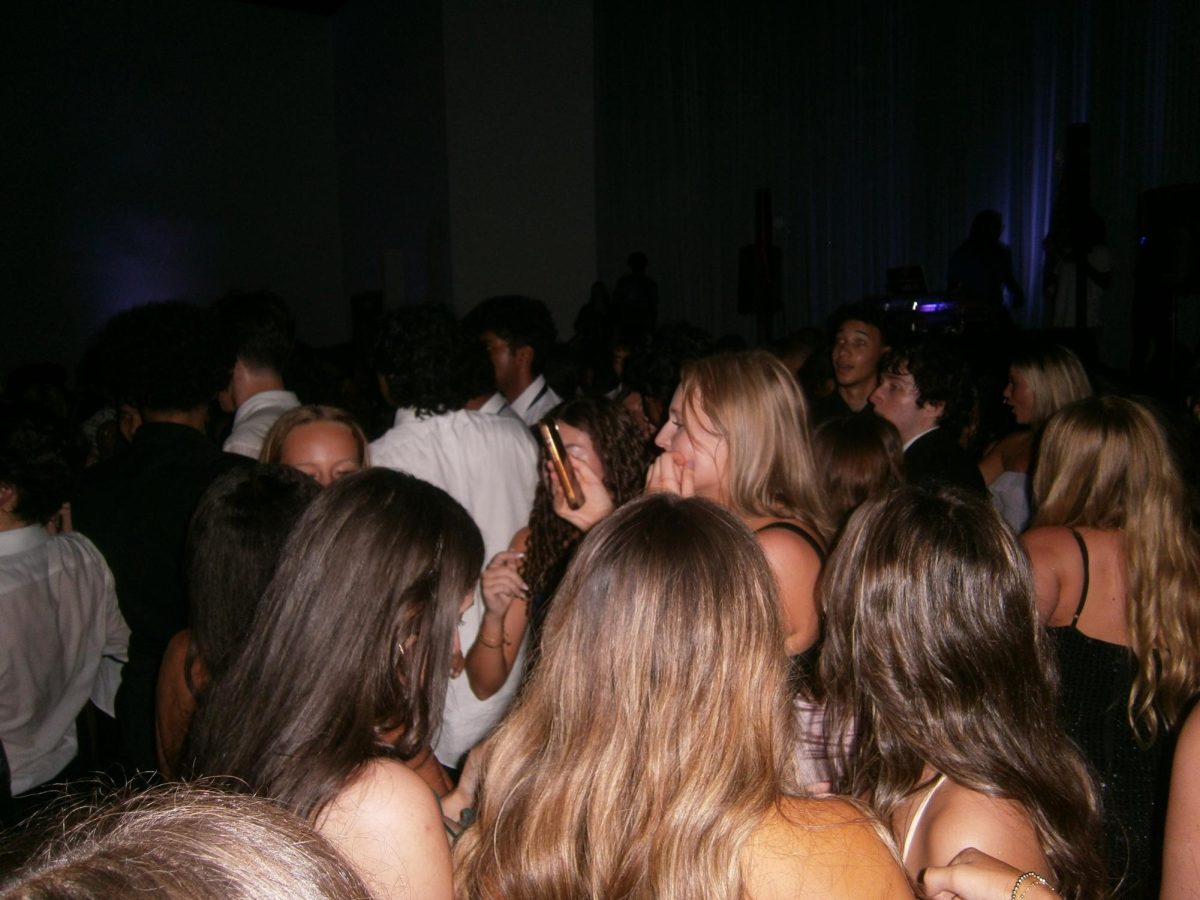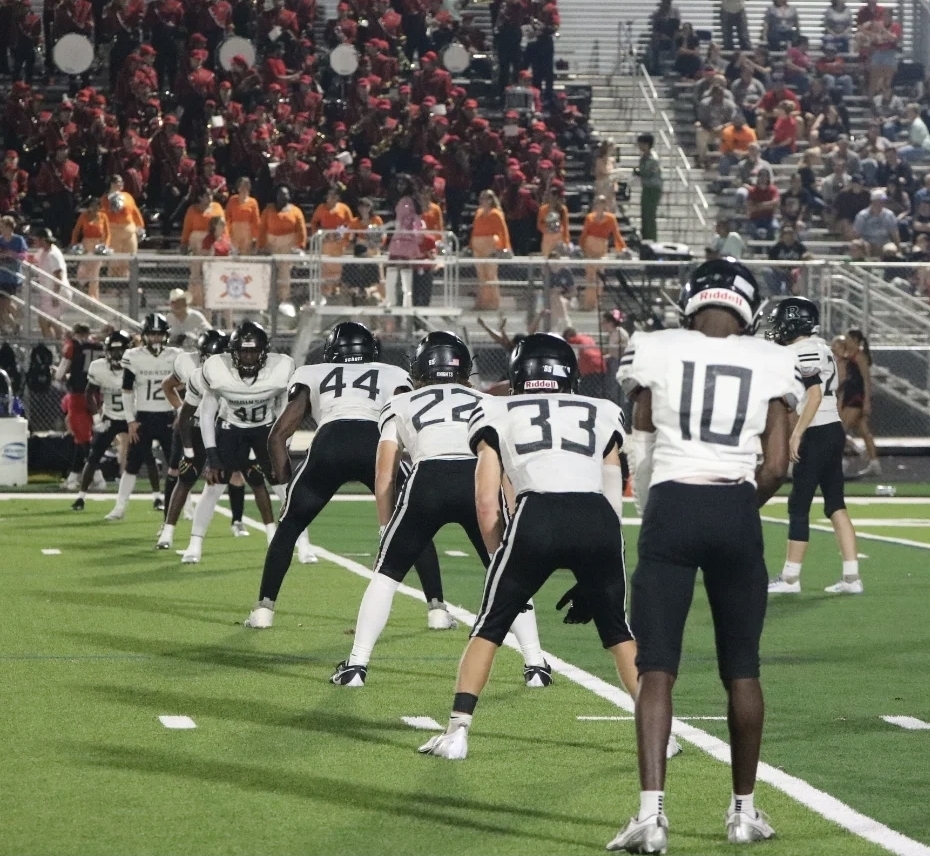Freshmen take on politics
Freshman get first-hand experience in the campaign process
Photo A. Woodward
Three students display the political posters they made for their chosen candidate.
October 26, 2018
Around the halls of Robinson, Naze Sahebzamani’s freshman class have been going to classes asking people to vote for their candidate. The US Government’s Honors class has been running a mock campaign for Florida governor candidates Ron DeSantis and Andrew Gillum. The hands-on activity has proven popular among students, who believe it is better than usual ways of learning like reading from textbooks.
“I think it made us be able to realize what actually happens and how it works rather than watching a video on it,” Cassidy Lund (’22) said.
The activity consists of students researching candidates and issues, deciding which candidate to support, then delegating roles in order to most efficiently run the mock-campaign. The students then make posters supporting their chosen candidate and campaign from class-to-class, eventually conducting a vote in the chosen classes.
As it is an election year, Sahebzamani has been concerned about getting students interested in the political process, both for the future and for the class itself. The mock election has already shown results in the students, with Sahebzamani stating that they have already began to show interest in voting and elections.
“It will give them more knowledge about the candidates and when they are old enough to vote they will understand the importance of it and will want to do it,” she said.
Hands on learning has been on the rise as it increases retention, problem solving, and engagement. With a complex lesson like the inner-workings of running a campaign, students believe mock-elections have been more entertaining than other forms of learning.
“I just like how we had to work together,” Shayna Guerra (’22) said. “It shows how hard people have to work to get their position.”
As the mock-election comes to a close, the affects of it will last for long after the grading period.











